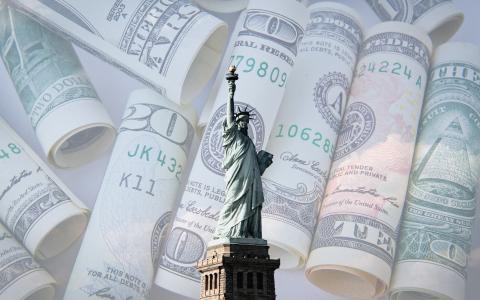
The steep sell-off in the stock market this week signals potential trouble ahead for the economy, warns billionaire investor Mark Mobius.
The CEO of Mobius Capital Partners noted that Monday's global stock rout, which saw the S&P 500 experience its worst single-day loss in two years, was triggered by unexpectedly weak US economic data and the Bank of Japan's interest rate hike, leading to widespread selling pressure.
While some argue that the pullback was a healthy correction due to high valuations, Mobius believes the decline points to deeper economic and political issues. In an interview with The Economic Times, he explained that Monday's sell-off wasn't merely technical. Instead, it was driven by rising geopolitical tensions, the upcoming US presidential election, and the situation in Japan, all contributing to significant market uncertainty.
Mobius suggests that stocks may face further declines. He pointed to the carry trade unwind, which played a role in this week's sell-off, as having more room to run, aligning with other Wall Street strategists' predictions.
The economic outlook appears troubling, with recession fears rising after a weaker-than-expected July job market report. Mobius also highlighted concerns about the money supply, which the Federal Reserve has significantly reduced in its efforts to curb inflation. This reduction is now impacting the economy, with low money supply growth limiting the flow of capital into markets and businesses. Mobius warns that this poses a long-term problem for the US and could have global repercussions unless the money supply is substantially increased.
For investors, Mobius advises holding more cash, as market disruptions often precede visible economic effects. He suggests keeping around 20% of a portfolio in cash to take advantage of future opportunities, emphasizing the importance of having "dry powder" ready.
Despite the market's stabilization later in the week and overall optimism on Wall Street due to solid economic growth and expectations for Fed rate cuts, the risk of a full-fledged bear market remains low. Bank of America has indicated that the market isn't showing the technical signs typically associated with a peak in stock prices.



